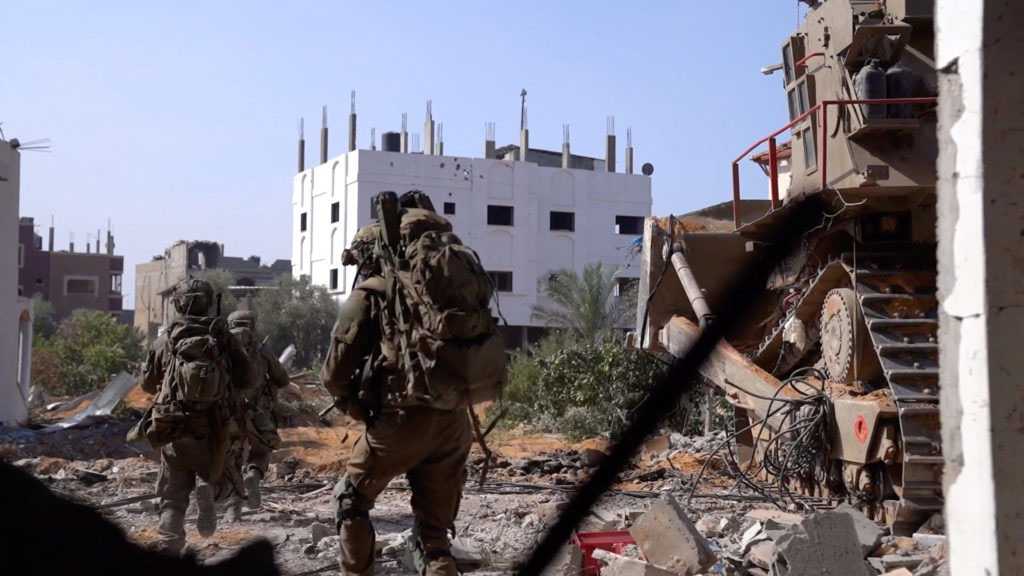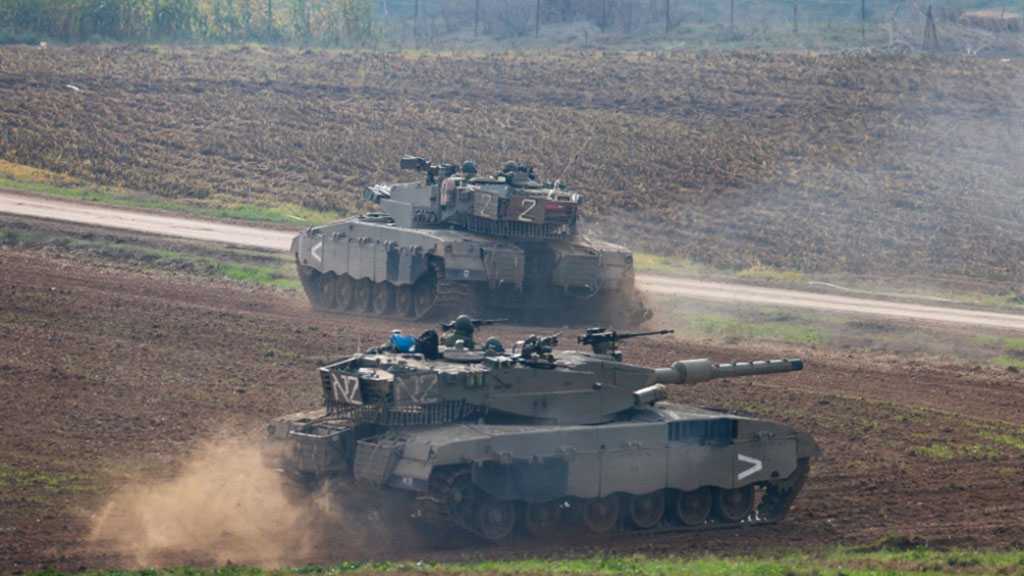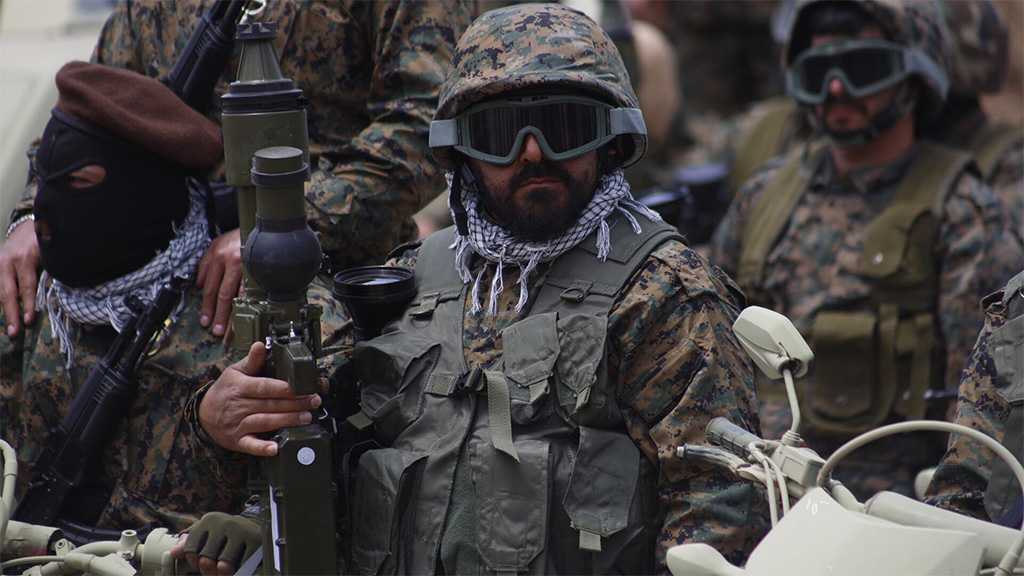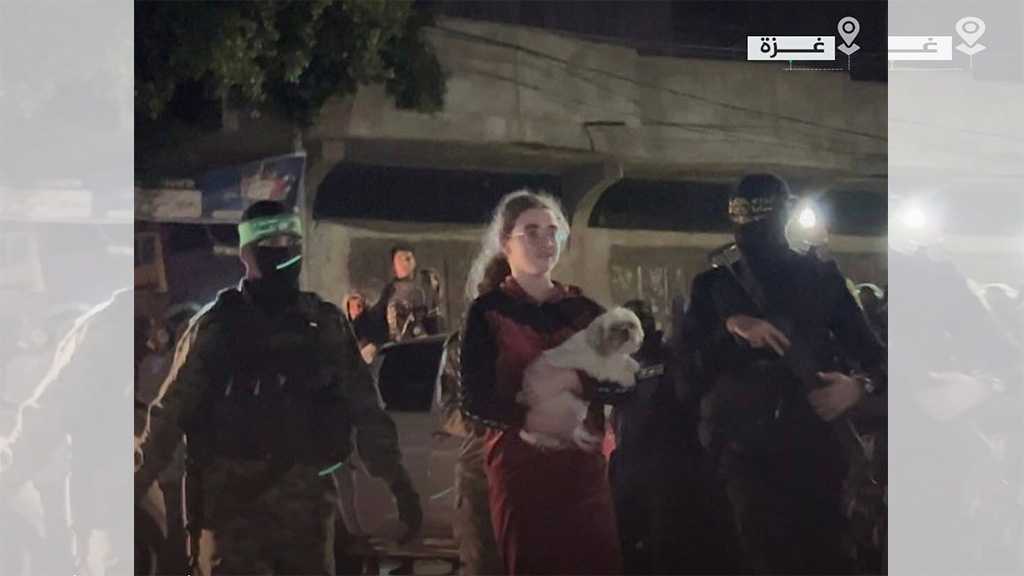
«Israel’s» Options in Confronting the Resistance
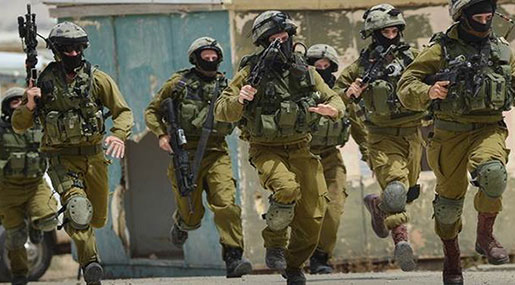
Ibrahim Al-Amin
If we were in "Israel's" shoes, what would we do when it comes to confronting Hezbollah?
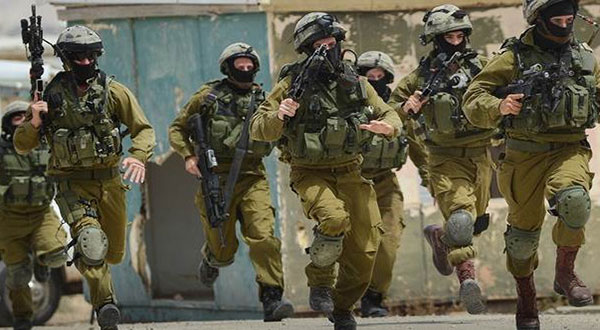
We may not have to do this exercise. The debate in "Israel" is not lacking in substance when things are very critical. The media there is subject to real censorship. There is no risk of excess in statements, threats, and the like. Even the leaked security and military information is not enough to determine whether "Israel" is now confused or not.
But let's return to the constant. "Israel's" priorities have been the same since its inception. Total security is the central concern. Over the past two decades, "Israel" was forced to introduce drastic amendments to the security and military doctrine and has introduced the concept of defense programs into its agenda. This imposes different contexts when it comes to dealing with the public or in preventive action with the enemy. The enemy speaks of calm with Lebanon, but it speaks daily about Hezbollah's growing strength. All that "Israel" has done in the past decade does not exceed the framework of the security or military operations in which the enemy has succeeded - during some of those operations - in dealing severe blows. But the strikes are not the ones that limit the ability of the resistance from expanding.
This was all before the situation in Syria and Iraq changed.
It is enough today for an observer in Tel Aviv to look at the scale of the changes after six years of open war in Syria and Iraq, and realize that things have gone the other way. Hezbollah, which was providing remote consultations to forces in various parts of the region, has become a major force in more than one country.
In Syria, Hezbollah has become synonymous to the Syrian army in the management of the battles. In Iraq, the party's security and military experts are in the largest operating room. Sayyed Hassan Nasrallah became the inspirational leader of the popular mobilization forces and the authority organizing political relations among the majority of the political forces in that country. In Yemen, Hezbollah has become a direct partner in the development of Ansarullah, who see the party as a champion that they are indebted to. In Palestine, despite all the developments, the groups believing in the option of resistance are returning to Beirut to develop coordination, while the rulers of the Arabian Peninsula act on the basis that Nasrallah has hundreds of thousands of supporters who listen to his commandments.
In Lebanon, Hezbollah has the right to veto strategic issues, and there are no opponents that threaten it. Even if everybody preferred to keep silent - which is not bad - all the international intelligence agencies active in our country are looking for ways to figure out the extent of Hezbollah's security growth that has provided exceptional support for the Lebanese security services to prevent dozens, if not hundreds, of terrorist operations. If the party has lost some 2,000 martyrs (from the 2006 war to the war in Syria and Iraq), it has attracted tens of thousands of new fighters. Not only did the party develop its military and security systems, but it tested scores of theoretical plans in wars that enabled it to gain unprecedented experience, including the desert war it is now waging in the eastern outskirts of Syria or the western outskirts of Iraq. But more importantly, depots of large armies opened up to the party's units. Hezbollah is free to take whatever it needs from these depots, both in terms of enhancing its readiness to face the possibility of a war with "Israel" or to be used in battles, which it is currently participating in across the region.
But what will things look like when the Lebanese, Syrian, Iraqi and Iranian arenas are actually linked to each other? This is not only about military activity, but also activities that have a strategic dimension - an economic one above all else!
Based on the aforementioned information, will "Israel" seek a direct confrontation with the party in Lebanon, knowing in advance that it has no control over managing the day after the war? It also knows that the joke of exercises and maneuvers to protect the internal front are not beneficial in organizing traffic in the Gush Dan area, hours after the outbreak of an all-out confrontation. Will the enemy's leaders be honest with their people regarding the fate of their electricity, transportation networks, airports, harbors, state centers and other infrastructure? Does the enemy have a realistic overview of the "rocket winter" that will be delivered even in the midst of summer?
What can the enemy do in Syria except wait for a fresh American attempt to impose new realities on the ground, forcing Russia and Iran to draw new red lines that fit the interests of the enemy. But even if this happened, what is the likelihood that it would actually affect the resistance and its action programs? "Israel" knows that every day that goes by without war, it is losing more of its deterrent power while opening the door to a steady expansion of the network of forces involved in the axis of resistance. Thus, the enemy is doomed to rely on American attempts.
In the midst of this atmosphere, there is nothing wrong with political statements echoed by the enemy or by the West and their Arab supporters about major changes in the future across the region due to developments in the Gulf. But it is useful to draw attention to the fact that since the first Gulf War until today, the axis of resistance has not taken any actions in the entire Arabian Peninsula, not even in Yemen. The fighting of the axis is purely defensive. But if the opposite is decided, then it is not expected from the enemy, except the option of collective suicide!
Source: Al-Akhbar Newspaper, Translated by website team
